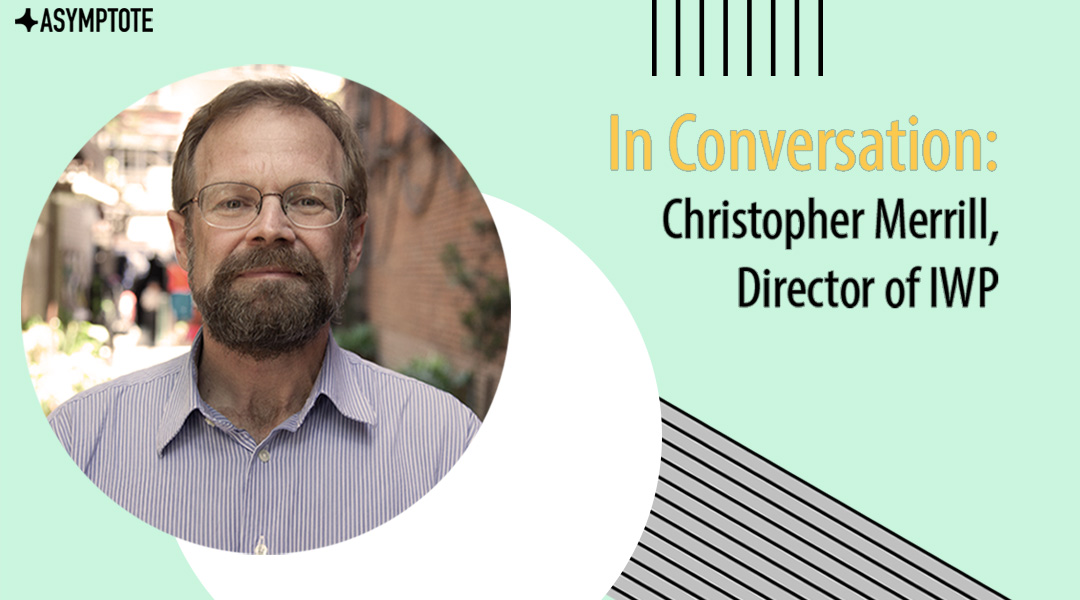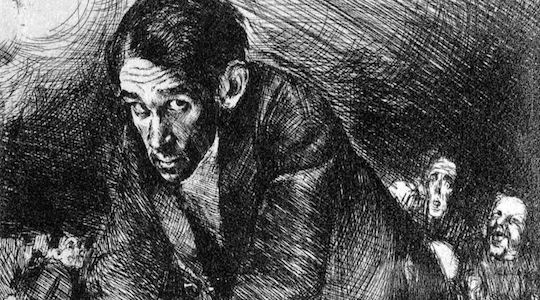I had wished to interview Robin Myers for a while now, particularly after reading her bilingual book Tener/Having and finding out that she had translated into English some of my favorite contemporary writers, including Isabel Zapata, Andrés Neuman, and Ave Barrera. My interest in meeting her only grew stronger when I discovered that she lived in Mexico City, where I grew up. Though we live in quite distant parts of the city, I feel like sharing the experience of living in this chaotic yet exceptionally effervescent place immediately made us neighbors, peers, and even accomplices.
The interview took place in a bright and slightly too warm day in Coyoacán. We sat down at a lovely café that is also home to the most important feminist independent bookstore in Mexico. The original interview is almost three times longer than what I present here. But even though this is an abridged version, readers can get a full sense of Myers’s thoughtfulness, creativity, and generosity. I hope they enjoy listening to her as much as I did.
Alan Mendoza Sosa (AM): What were your earliest experiences with translation?
Robin Myers (RM): I loved reading as a child, and as a teenager I became especially interested in poetry. In retrospect, I realize I did have experiences of reading poetry in translation, but I didn’t really think about what that meant. As a high school student, somebody had given me a book by the Polish poet Czesław Miłosz, who I loved, and there were a few poems that made a strong impression on me, but I don’t remember actually stopping to think about who had made that happen in English.
I would say that my path into translation happened in two, for a long time parallel, ways that didn’t actually touch. One was a love of poetry—both reading and writing it—and the other was an interest in Spanish, specifically because I was really curious about Mexico. I have some family history in Mexico, and I wanted to spend time here, and I understood as a kid that that meant I had to learn Spanish as well as I could. So I studied it in school and began reading in Spanish to the extent that we were given literature to read in class. Once I had learned enough Spanish to be able both to read and to speak more comfortably, I had the experience, living in Oaxaca, of coming across a poem in English that I loved and wanting to be able to share it with a Spanish-speaking friend. So my first experience as a translator was translating a poem into Spanish, which I’ve never done ever again.
AM: I read about this poem in one article, and from what I understood you haven’t published it, right? And you are not planning on doing so.
RM: Nope. Somebody else can do a much better job.
AM: But that’s a good question that I often find myself asking. What do you think about translating to a language that isn’t your mother tongue? Because I feel like sometimes people who study or engage with translation fetishize the mother language. Do you know what I mean?
RM: Yes, absolutely. To be honest, I think that’s something I did for a long time. I had this sense of the first language as the “dominant” language, and it’s been through talking with and reading other translators that I’ve come to realize what a problematic way of thinking that is—about language and about the multiplicity of languages in our lives and how multilingual so many people are, and how many different kinds of intimacy there are with different languages. I think it’s been a continual process of moving away from that mindset. In my case, I don’t personally feel very comfortable translating into my second language, but that doesn’t mean I don’t think other people can and should. Or that it isn’t crucial that they do. You know?





